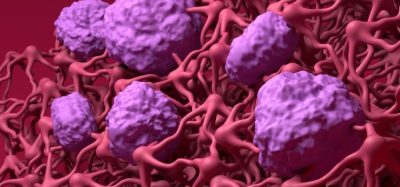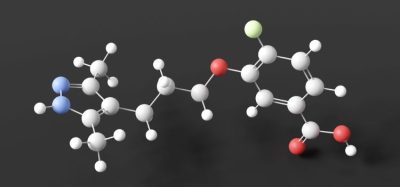Guidance on machine learning-enabled medical devices published
Posted: 25 October 2023 | Catherine Eckford (European Pharmaceutical Review) | No comments yet
The Medicines and Healthcare products Regulatory Agency (MHRA), US Food and Drug Administration (FDA) and Health Canada have issued guidelines to reduce the regulatory burden for machine learning-enabled medical devices.


Three key medicine regulatory bodies from the UK, US and Canada have collaborated to publish five guiding principles for machine learning-enabled medical devices MLMDs.
The document by the Medicines and Healthcare products Regulatory Agency (MHRA), US Food and Drug Administration (FDA) and Health Canada, contains key guidance on predetermined change control plans (PCCPs) for MLMDs. The aim is to remove the regulatory burden of reassessment following certain changes and updates to a medical device by a manufacturer.
Building on the 2021 MHRA 10 guiding principles for Good Machine Learning Practice, the new joint guiding principles outline that a PCCP must be:
- Focused and Bounded: Describing specific changes that a manufacturer intends to implement
- Risk-based: The intent, design, and implementation of a PCCP are driven by a risk-based approach that adheres to the principles of risk management
- Evidence-based: Demonstrating that benefits outweigh the risks throughout the product lifecycle
- Transparent: Provide clear and appropriate information and detailed plans for ongoing transparency to all stakeholders, from patients to healthcare professionals
- Total Product Lifecycle Perspective: Improve the quality and integrity of a PCCP by continually considering the perspectives of all stakeholders.
Challenges of incorporating machine learning/AI into medical devices
Currently, when a manufacturer in the UK makes any significant updates or alternation to their medical device, their conformity assessment body must be notified, according to the MHRA. The device may be reassessed to ensure the performance and safety of the device is negatively impacted.
Since medical devices using machine-learning and artificial intelligence (AI) can require frequent updates, and therefore potentially lengthy reassessment for each change. This could create significant regulatory burden for both developers and assessors, the MHRA noted.
The UK’s medicines regulatory body highlighted that PCCPs allow manufacturers of MLMDs to demonstrate the proposed changes and updates, including how a device’s safety and effectiveness is maintained, thus removing the need for regulatory intervention.
These principles will support PCCP development across the UK, US and Canada. However, each regulator will have specific national guidance which manufacturers must follow. MHRA announced that it will publish its guidance in 2024.
Collaboration between regulators on [the guiding principles for machine learning-enabled medical devices] demonstrates how working with international partners can help the development of agile regulatory processes that support innovative manufacturers”
“AI and MLMDs are becoming more prevalent, and regulators must adapt their processes to support innovations for patients while continuing to ensure their safety.
“By collaborating with the FDA and Health Canada on these guiding principles, we can clearly outline where we align on our expectations for a successful change control plan.
“Collaboration between regulators on these guiding principles demonstrates how working with international partners can help the development of agile regulatory processes that support innovative manufacturers and patients globally,” Dr Paul Campbell, MHRA Head of Software and AI concluded.
Related topics
Good Manufacturing Practice (GMP), Industry Insight, Manufacturing, Medical Devices, Regulation & Legislation, Technology
Related organisations
Health Canada, Medicine and Healthcare products Regulatory Agency (MHRA), The US Food and Drug Administration (FDA)









